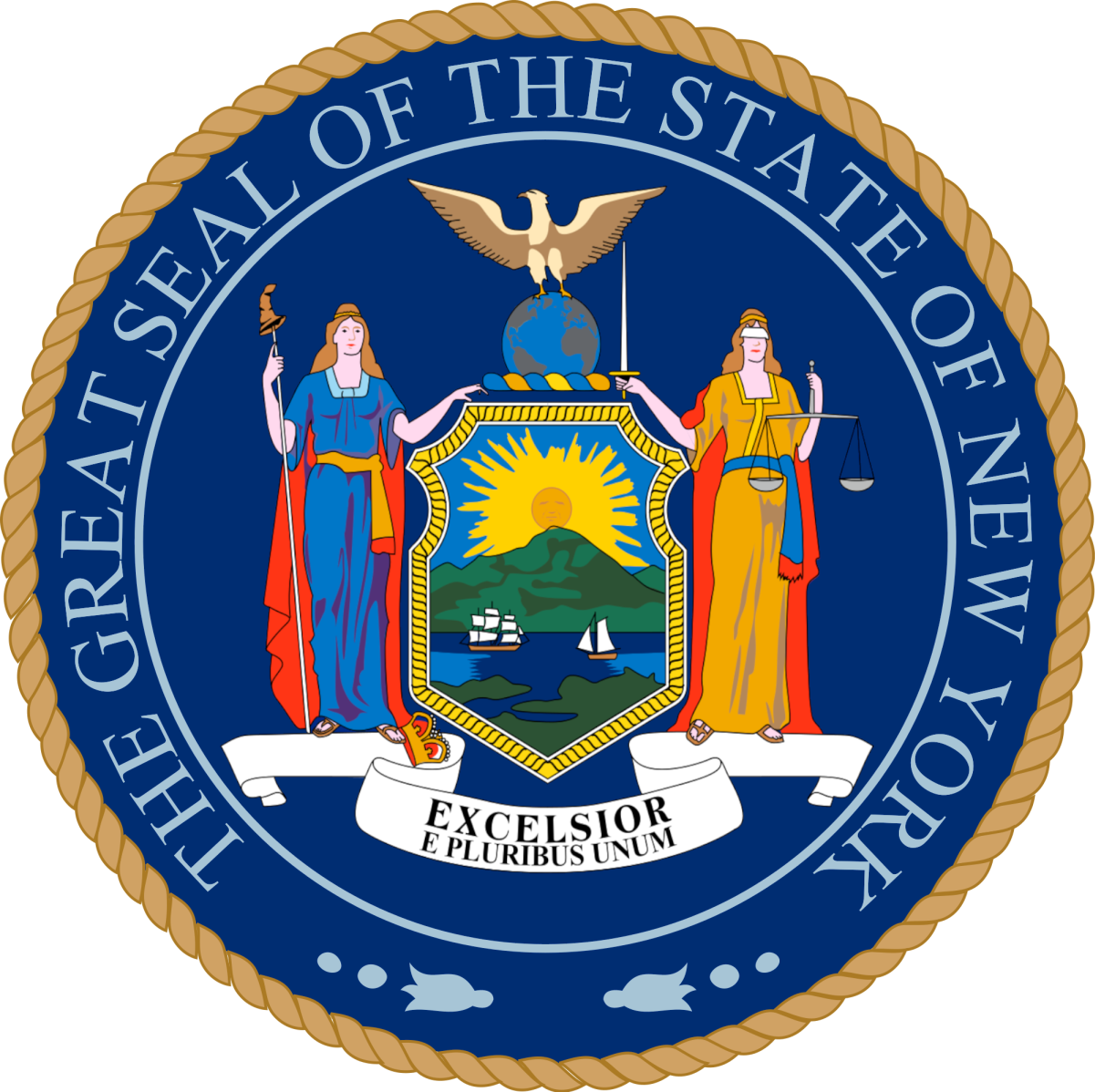Generic Advisory Opinion
The Legislative Ethics Commission has approved generic advice on the topic listed below. The guidance offered is general in nature and the Commission's response to individual questions may vary according to the facts of each particular request. You are strongly advised to consult Commission staff or your counsel's office for advice pertaining to your individual situation.
Discounts for Goods and Services Offered to the General Public Generic Advice
RELEVANT STATUTE: Public Officers Law § 73(5) and Legislative Law § 1-c(j)(vi).
DISCUSSION: Public Officers Law § 73(5) provides the rule regarding gifts for members and employees of the legislature. It states:
5. No . . . member of the legislature or legislative employee shall, directly or indirectly:
(a). solicit, accept or receive any gift having more than a nominal value, whether in the form of money, service, loan, travel, lodging, meals, refreshments, entertainment, discount, forbearance or promise, or in any other form, under circumstances in which it could reasonably be inferred that the gift was intended to influence him or her, or could reasonably be expected to influence him or her, in the performance of his official duties or was intended as a reward for any official action on his or her part. No person shall, directly or indirectly, offer or make any such gift to a statewide elected official, or any state officer or employee, member of the legislature or legislative employee under such circumstances.
(b). solicit, accept or receive any gift, as defined in section one-c of the legislative law, from any person who is prohibited from delivering such gift pursuant to section one-m of the legislative law unless under the circumstances it is not reasonable to infer that the gift was intended to influence him or her;
Generally, this provision establishes a broad gift ban under which legislative members and employees are prohibited from accepting gifts of more than nominal value when it could be reasonably inferred that the gift is intended to influence said member or employee in the performance of their official duties or is intended as a reward for any official action on their part.
Legislative Law § 1-c(j) sets out exclusions to the definition of a gift including discounts on goods or services that are offered to the general public or a segment of the general public. This section states:
The following are excluded from the definition of a gift:
(vi) goods and services, or discounts for goods and services, offered to the general public or a segment of the general public defined on a basis other than status as a public official and offered on the same terms and conditions as the goods or services are offered to the general public or segment thereof;
To qualify under this section, the goods and services or discounts for goods and services must be offered to the general public or a segment of the general public.
If the goods and services or discount for goods and services are not offered to the general public as a whole, but to a segment of the general public, then that segment must be defined on a basis other than the member’s or employee’s status’ as officials of the New York State legislature. This basis can be broad, such as for people within a certain geographic area, first-time customers, or referral programs. Here are some examples:
Many businesses, such as hotels, offer a government rate for qualifying customers. These offers are customarily for federal, state, and local government employees. In such a case, it is permissible for New York legislative members and employees to accept these discounted rates, as they are offered to all government employees at all levels of government and they are offered to NY legislative members and employees with the same terms and conditions as those offered to all other applicable government employees.
Local gyms often offer sign-up discounts for first-time members. These discounts are generally offered to the general public as an incentive to sign up for a membership. So long as they are not offered specifically to members or employees because of their status as public officials and they have the same terms and conditions as the discounts granted to the general public, they may be accepted.
If you are unsure if a discount would meet this exclusion, we advise that you contact the Commission.
Adopted Unanimously January 3, 2022
